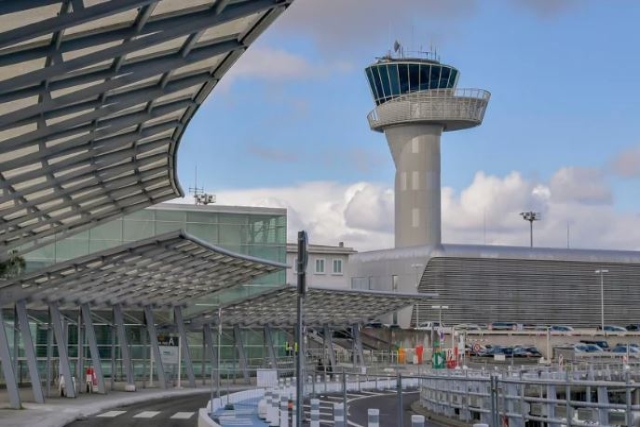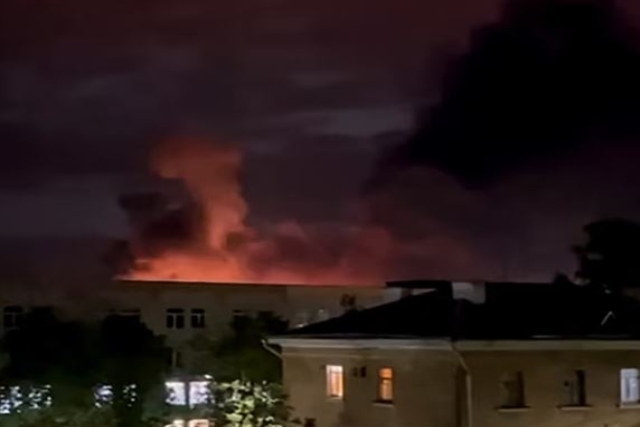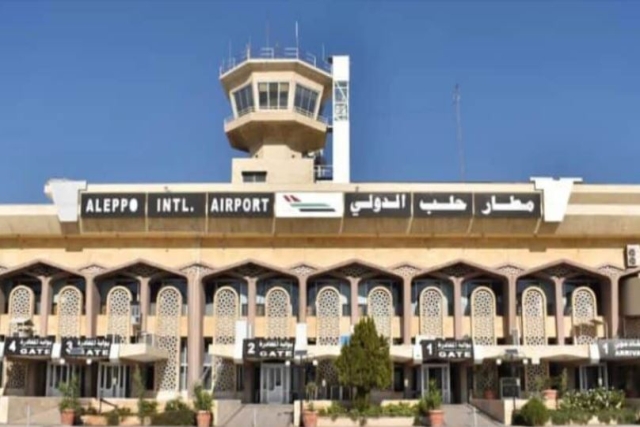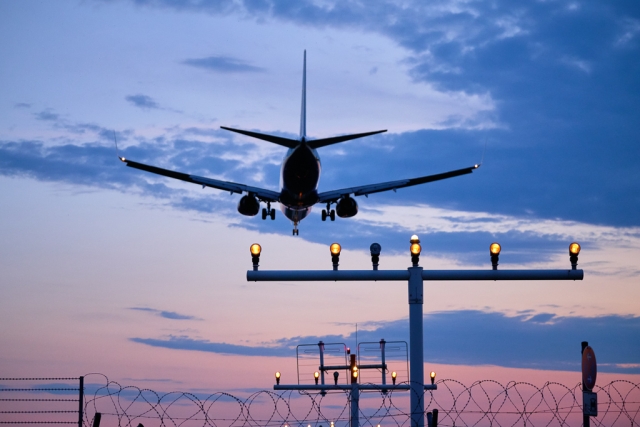French Airports Receive 70 Bomb Threats in a Week
Ten airports, along with other public establishments, were targeted in false bomb threats

The previous week witnessed an alarming surge of nearly 70 false bomb threats directed at French airports, consistently originating from the same email address located in Switzerland, according to French Minister of Transport, Clément Beaune.
This was reported by French publication LA Tribune.
Ten airports in France found themselves at the center of bomb threats, with five of them undergoing evacuation, as reported by airport sources. The airports in Bordeaux, Basel-Mulhouse, Tarbes, Bergerac, and Pau were directly impacted by the threats, although the alerts have since been lifted, except for Pau. Meanwhile, additional airports, such as Lyon Saint-Exupéry, Lyon-Bron, Marseille, Biarritz, and Saint-Denis de la Réunion, also received bomb threats but did not require evacuation.
Despite these alarming incidents, the disruption to air travel appears to have been minimal, according to the online dashboard provided by the Directorate General of Civil Aviation (DGAC). However, the DGAC did note delays of up to an hour and a half for departures from Basel-Mulhouse. The Franco-Swiss airport confirmed via its official communication platform, X (formerly Twitter), that its terminal was evacuated, and aircraft movements were "temporarily suspended" due to a bomb threat. Notably, the same airport had faced evacuation earlier that week, as had three other French airports, including Bordeaux.
These repeated bomb threats come in the wake of the October 13th assassination of teacher Dominique Bernard in Arras, Pas-de-Calais, by a young individual with ties to Islamist radicalization. Consequently, France raised its Vigipirate threat level to the highest in response to the threat of potential attacks.
As a result, more than 60 investigations have been launched across various locations.
Minister Clément Beaune expressed his strong disapproval of these actions during a press conference, stating, "Those who engage in such activities, thinking they're clever or amusing, are, in fact, either extremely foolish or serious offenders, and we will not let their actions go unpunished."
Regarding their motivations, the minister suggested that it might be a mix of individuals making bad jokes, those genuinely seeking to create fear, and even a form of competition in foolishness among hackers. Regardless of the reasons, Beaune emphasized the grave danger of false bomb threats, as they tie up security forces for several hours and may necessitate evacuations, leading to gatherings outside, which poses additional security risks.
In addition to airports, some public establishments have also been targeted, with the Palace of Versailles being evacuated multiple times in the span of a few days. Law enforcement did manage to arrest a suspect for the single phone-based threat concerning the palace, while the others were posted on a government website, according to police sources.













